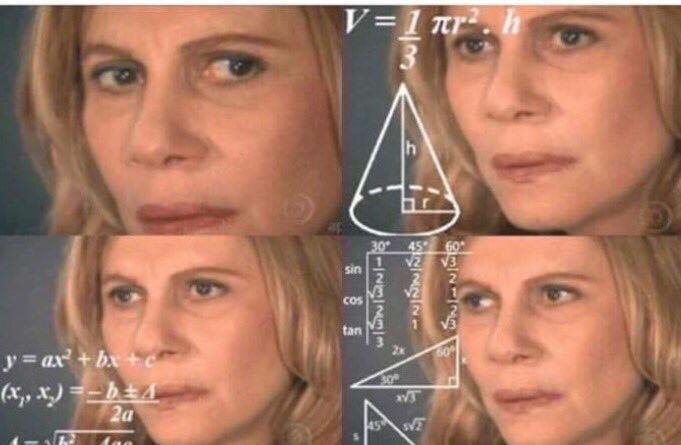
One of the common concerns our sellers have is about relocation. They want to sell their old house and buy a new one, but they’re not totally sure how to make that work. So today, we’re going to give you the rundown on relocating when selling your house.
We’re going to assume for the sake of this article that you will need money from your home-sale to buy a new house. After all, most people don’t have the cash sitting around to just buy a new house outright.
The Traditional Way
If you want to sell your old house and buy a new one at the same time, the most common option is to ask for a “home-sale contingency”. Basically, you would find a new property you want to purchase, and then you would ask that seller to make the sale of his property dependent on you selling your own house. Then, assuming he agrees to that, you find a buyer for your house, and you make the sale of your own house dependent on your purchase of the new house.
Make sense?

Sound like a recipe for disaster? That’s because it often is.
Real estate transactions go wrong for a hundred different reasons: either the buyer’s financing falls through, or the seller has a change of heart, or a property doesn’t pass inspection, or something unexpected comes up on title. So when you have multiple parties relying on each other in a complicated “chain” transaction, there are more opportunities for the deal to go sideways.
On top of that, it’s very hard to get a seller to agree to this arrangement in the current real estate market. Why would a seller, who probably has multiple offers, agree to tie himself down in this way? What could he possibly have to gain from adding an extra condition to the sale of his house?
And even if the seller does agree to this chain transaction, you would then have to time everything perfectly. In other words, the buyer would have to buy your old house on (or at least around) the same day you buy your new house. Getting this to work usually turns out to be harder than it looks.
Is There A Better Way?
There is a way to get around these problems, though. There are off-market, cash homebuyers (like ourselves … not to toot our own horn here 🙂 ) who are a lot more flexible than your typical buyers on the market.
We’ve had situations where we’ve bought the house for cash and let the seller stay in the proeprty for a few months (either for free or through something called a “sale lease-back”, depending on the terms of the deal). The seller, now sitting on a pile of cash (so to speak), could comfortably find and buy a house without worrying about selling her own house first.
In other cases, home sellers have signed offers with us and then found a property to purchase. Because we’re flexible and can close on any date, we simply buy the old house on the same day the seller buys their new one. That way, our funds can immediately pay for the cost of your new home purchase.
In either scenario, the seller has flexibility and ease of mind knowing that they can buy a new house without the hassles of trying to time everything right, or tying themselves in knots with a complicated transaction. Instead, what you get is a simple, straightforward process.
Have questions about any of the topics discussed?
Feel free to contact us at (617) 831 6186, and we’d be happy to talk.
